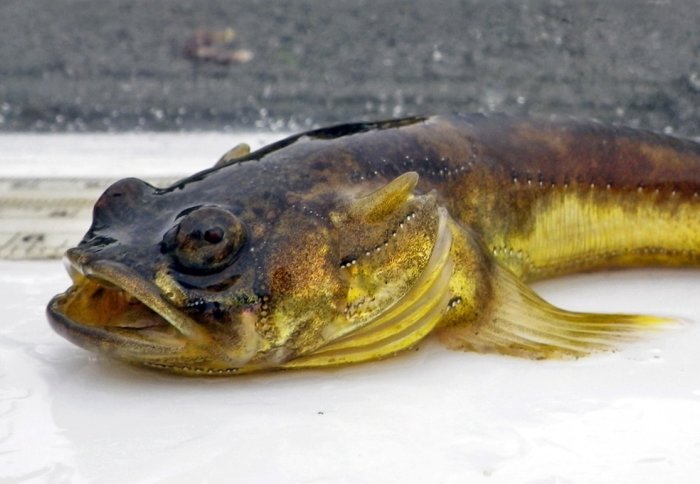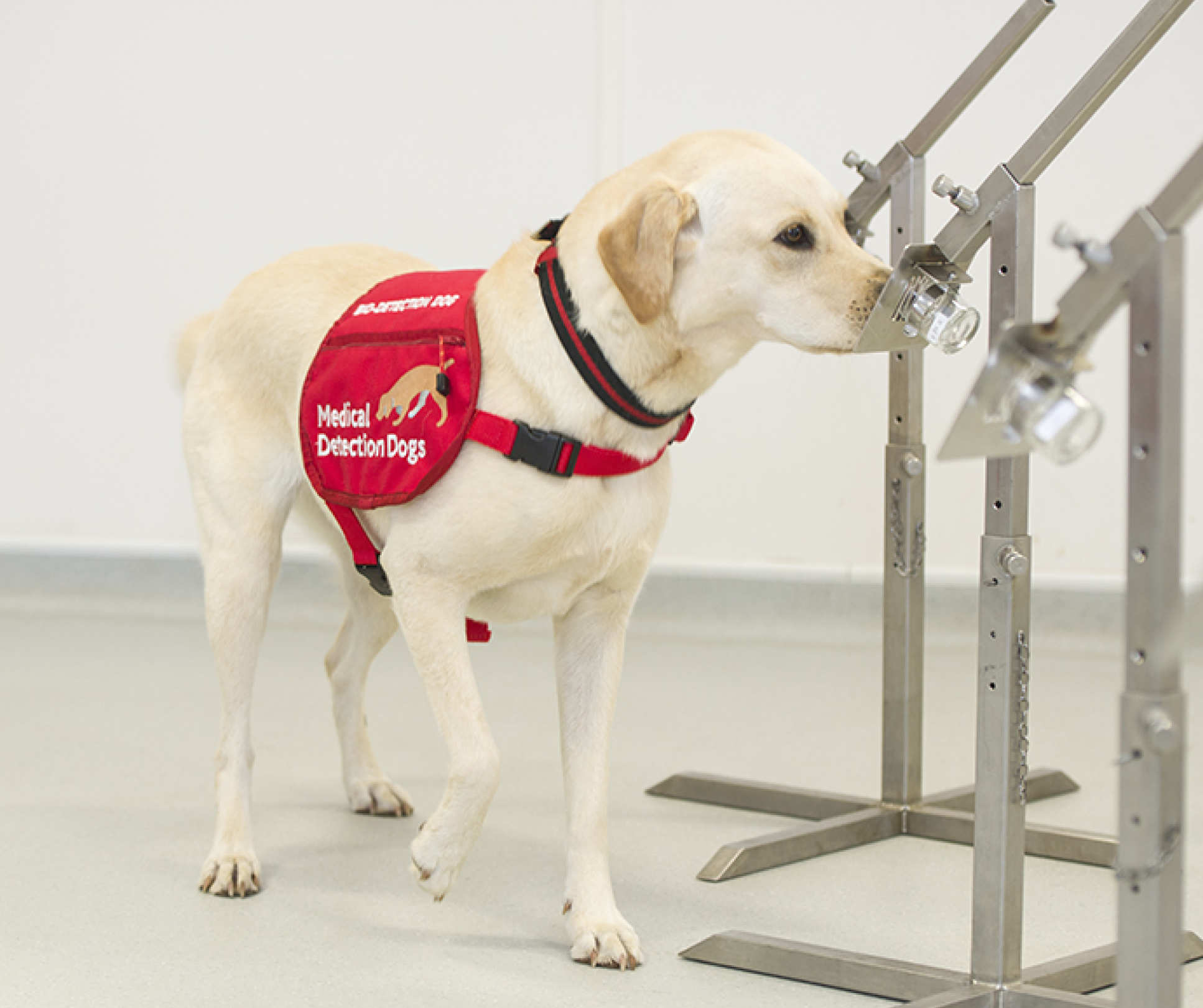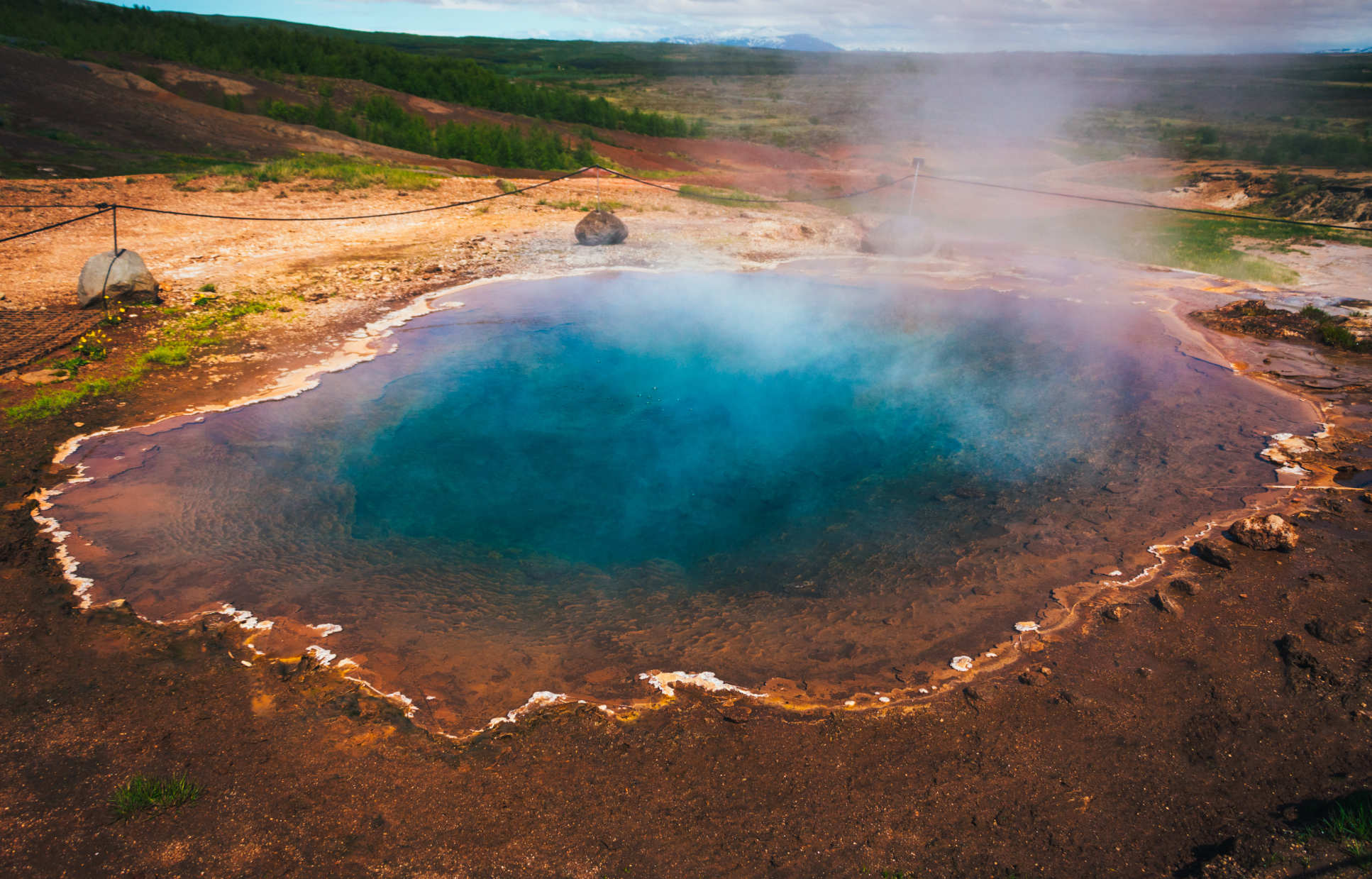7 times Imperial made you double-take in 2019

Did you know midshipman fish sing to their mates?
Some surprise headlines need a second look, but quirky studies can often have a significant impact.
From singing fish to anti-malarial soup, we take a look back at the stories which made readers do a double-take in 2019.
Grandma’s miracle soup
 In November, schoolchildren from London found their traditional family soups had antimalarial properties.
In November, schoolchildren from London found their traditional family soups had antimalarial properties.
Researchers from Imperial helped the schoolchildren test their clear homemade broths, originating from all over the world, and found that several of them showed activity against the malaria parasite Plasmodium falciparum.
The test was designed to engage children in the idea that evidence is the difference between natural remedies and modern medicine. Now researchers hope that this study may lead to discovering new anti-malarial compounds.
Read more: Scientists and schoolkids find family soups have antimalarial properties
Digital design
Around 1 in 500 babies worldwide are born with additional fingers or toes, a condition called polydactyly. This is usually considered a ‘birth defect’ and the extra digits are surgically removed shortly after birth.
But in June, Imperial researchers, as part of an international team, published findings that showed how the brain and body successfully compensate for the additional workload. The extra digits corresponded to additional brain regions in the motor cortex. These findings could improve robotics and prosthetics by allowing researchers to tap into the brain’s resources.
Read more: Could extra finger ‘birth defect’ provide blueprint for robotic extra limbs?
Great British death ray
London’s Walkie Talkie building (20 Fenchurch Street) ‘melted’ a car parked on the pavement outside in 2013. Due to the design and the material used, the building reflected and concentrated sun beams onto the street, producing a ray of intense radiation and heat.
In April 2019, we learnt that gloomy British weather may have saved the day and prevented serious injuries. Imperial’s Professor Guillermo Rein ran computer simulations and found that sheer luck prevented people from being injured as cloud formations weakened the ray’s strength as it was directed at street level.
Read more: Did British weather save the day from the Walkie Talkie death ray?
Singing fish
In one of the more bizarre stories of the year, in August we learnt that the structure of muscles used by midshipman fish to ‘sing’ to their mates may provide researchers with a better understanding of heart conditions.
Read more: What do 'singing' fish have to do with heart disease...?
Doggy detectives

August found our favourite four-legged friends fighting against cystic fibrosis. A study by Imperial and Medical Detection Dogs found that specially trained dogs were able to sniff out ultra-low doses of Pseudomonas aeruginosa, the most common cause of lung infection for people with cystic fibrosis.
Current diagnostic techniques mean that it is difficult to test for this infection in the early stages, and by the time of diagnosis it will have already taken hold.These dogs could potentially sniff out the infections sooner, allowing quicker access to treatment.
Read more: Dog detectives sniff out harmful bacteria causing lung infections
College gets infectious at November’s Imperial Lates
Ancient bacteria

Photosynthesis may be a lot older than we originally thought, by about a billion years. Research published by Imperial scientists in July found that a rare bacteria, with ancient ancestors, has similar oxygenic photosynthesising structures to those within plants.
The findings suggest the traditional idea that oxygenic photosynthesis was not the result of a billion years of evolution from anoxygenic photosynthesis but may have occurred a lot sooner – or even first.
Read more: Strange bacteria hint at ancient origin of photosynthesis
Cold comforts

As Imperial entered the cold winter months in November, researchers found that immersion in arctic scenes could help with chronic pain.
In the small proof-of-concept study, Imperial scientists used 360 VR headsets to immerse people in scenes of icebergs and freezing oceans, and found that people’s perceived pain (when given a topical cream containing capsaicin, the fiery compound in chilis) was lowered. Aside from just the distraction, the study could find that using VR headsets may actively trigger the body’s pain-fighting systems.
Read more: Immersion in virtual reality scenes of the Arctic helps to ease people’s pain
---

Enjoy reading Imperial’s research and College news? Be the first to catch our stories with Imperial Today – the daily email bulletin of the College’s freshest online news and digital content. Sign up to Imperial Today.
–
Article author: S. Reid-Collins
Article text (excluding photos or graphics) © Imperial College London.
Photos and graphics subject to third party copyright used with permission or © Imperial College London.
Reporter
Sarah Reid-Collins
Communications and Public Affairs
